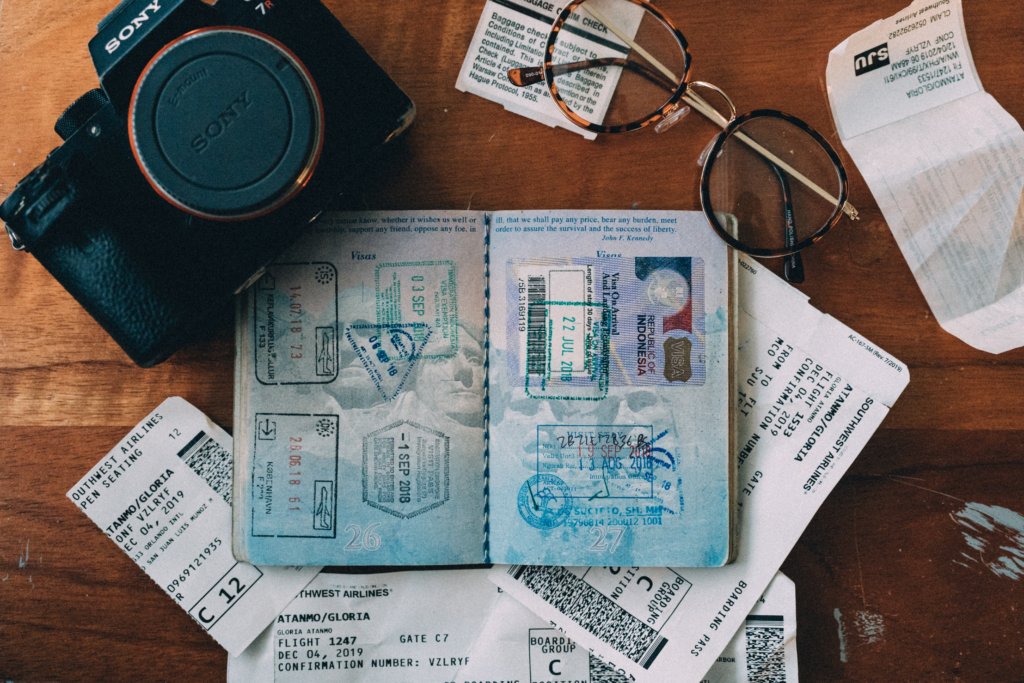
Spring break isn’t just a celebration of a well-deserved rest from school, it’s also an unparalleled opportunity for travel and fun with friends. However, it’s important to remember to prepare for emergencies and unexpected delays that could wreak havoc on your vacation. Whether you are going to a local beach or driving across the country to a high-profile destination, it’s always a good idea to be ready for emergencies. This includes preparing supplies and having phone numbers saved ahead of time and also researching what to do in the event of a crash or delay.
Planning ahead of time and taking responsible steps to ensure safety are fundamental elements of a good trip. Follow these 5 tips for handling emergencies during your spring break travel to ensure you have the best vacation possible.
Bring Emergency Supplies

One of the easiest ways to be prepared is to stock up on emergency items. Even basic wound care supplies, like a disinfectant and bandages, can be a welcome addition to the group’s cargo. Epinephrine medications can also be life-saving if anyone on the trip has allergies to food, insects or animals. Prescription medications should also be accompanied by all relevant documentation and the official container to avoid misunderstandings with law enforcement.
Make sure that you know how to use your emergency supplies. Some items, like bandages or antiseptic, are easy to use, while for others you may want to look up online tutorials. Remember: it’s better to have it and not need it than need it and not have it.
Note Local Care Centers
As you plan your route and destinations ahead of time, be sure to note local care centers. Checking out the local emergency clinics and hospitals isn’t the first priority when planning a spring break road trip or flight, but it’s something you should do at some point before departing.
Knowing the names and rough locations of these centers can be invaluable in areas with limited internet access or if your phone is lost or damaged during an emergency. Consider printing out some maps as well in case you need to access the locations when you are low on battery or don’t have connection to the internet.
Save Money for Car Repairs

If you are planning a spring break road trip, preparing for mechanical emergencies and car crashes is even more important. Even a fender bender can bring the vacation to a crashing halt. Be sure to practice safe driving and switch off driving with other passengers if you can. Many areas see record traffic during spring break season, so car accidents are a common hazard that you need to be ready for.
Set aside a dedicated fund for tires, light replacements and auto glass repair and be sure to look up local auto shops and repair shops ahead of time. Saving money and looking up nearby services can make things a lot less stressful when disaster strikes.
Use a Buddy System
Even as an adult, the buddy system taught in elementary school is still a good rule of thumb to follow. Popular spring break destinations are flooded with people from all over the country and there are some risks that come with this kind of environment. Everyone on the trip should do their best to stay with at least one other person they know wherever they go.
At the very least, the group should know where everyone is and know how to check in with them occasionally. In certain areas, this can involve using Facebook messenger, exchanging phone numbers, or having established check-in times. Make sure to plan as much as you can in advance so people can be paired off for different activities.
Have a Backup Exit Plan
Last, but not least, it’s important to plan in case the entire trip is ruined by an unforeseen disaster. Planning for a failed trip isn’t the most fun, but it’s a good idea anyway. Trip organizers should have a backup plan for getting the group and the car home if a worst-case scenario does occur. This could mean asking a family member for help or creating a group reserve fund for urgent situations.
You should establish this plan ahead of time and ensure everyone understands the important details. From looking up train tickets, flight information, or having a reliable family member or friend on call, you can take extra effort to have a Plan B in place.
Many vacation emergencies are nothing more than temporary obstacles if you take the time to prepare for them ahead of time. In addition to the basic tips above, travelers should also tell their family or friends at home exactly where they going and when they expect to return.
